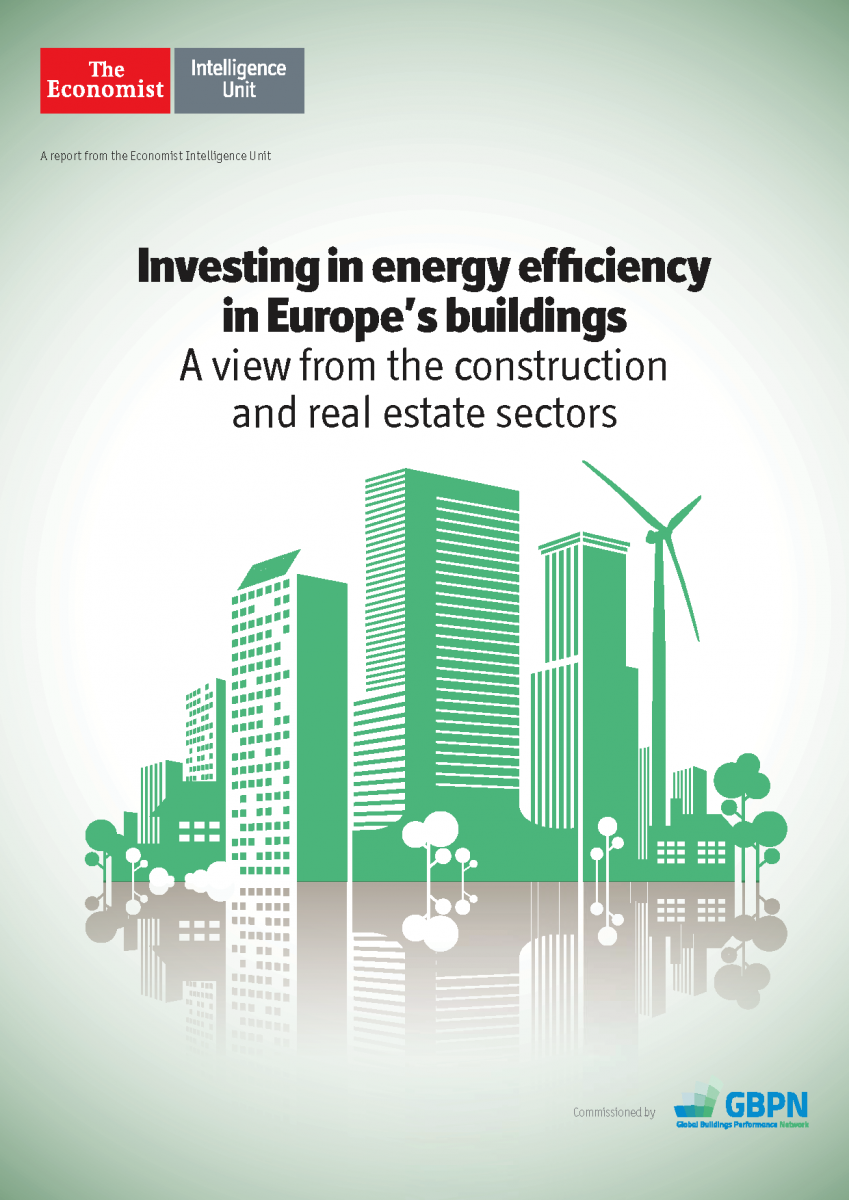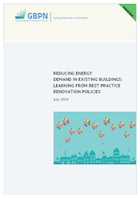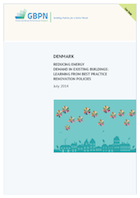Background: The transformation of the global energy sector from fossil-based fuels to low/non-carbon fuels will reduce environmental pollutant load, which in turn will benefit human health. However, with upscaling of emerging renewable technologies and energy sources, it is important to identify the potential for unintended health impacts, and to understand where the knowledge gaps lie with respect to health. We aimed to identify these gaps by conducting a scoping review. Methods: We conducted a systematic search of Medline, Web of Science, PubMed and EMBASE.
 Briefing
Briefing Report
Report GBPN开发了一个在线
GBPN开发了一个在线  The GBPN has created an on-line
The GBPN has created an on-line 